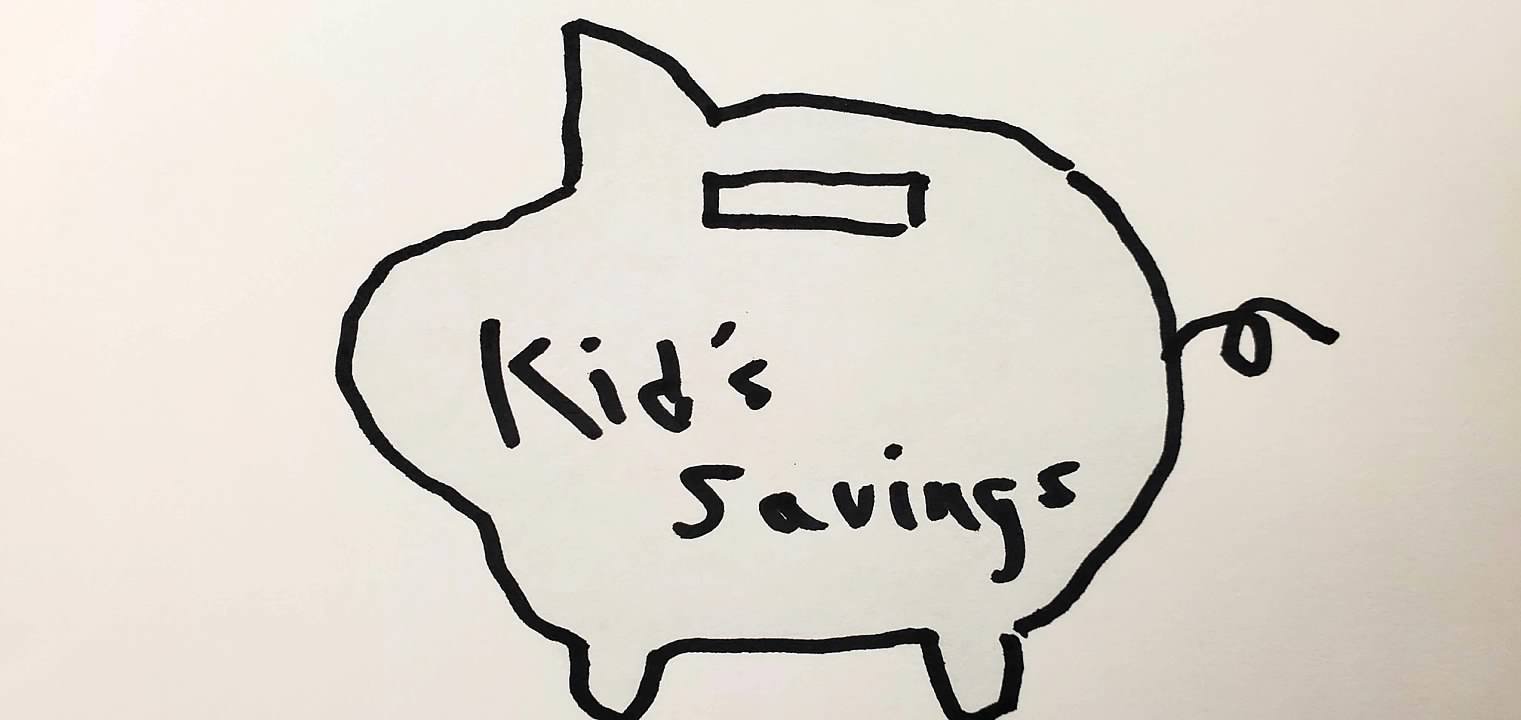By Dave Kelly, Minnesota Bankruptcy Lawyer
Recently a potential client made a hasty exit from my office after I explained that the accounts that had been set up for the children could be at risk in a Chapter 7 bankruptcy. What kind of account you set up for your children, how much you put in it and when can all make a big difference. I feel a blog post on this subject coming on. At least one post, maybe two. If you have bank accounts for your children, be sure you tell your lawyer about them.
Please note that in this article I am talking only about Chapter 7 bankruptcy. Chapter 13 bankruptcy is a whole other topic. Some of the problems described here could be more easily resolved in a Chapter 13.
529 College Savings Accounts
A 529 savings account may be the safest way to save money for your children’s college. Much like a 401K, the money you put in should be tax deductible. Such accounts are not always protected when you file bankruptcy. You have to look at how much you deposited and how long ago that was.
Any amount deposited more than two years before filing the bankruptcy should be protected. Funds that were deposited between two years and one year before the filing date are protected up to $6,425. Any more than that belongs to the bankruptcy estate and probably will be claimed by the bankruptcy trustee. AND any amount deposited within one year before filing the bankruptcy is not protected at all. Again, that amount will be claimed by the bankruptcy trustee.
Uniform Transfer to Minors Act (UTMA) Accounts
These are accounts set up under state law. The account is in the child’s name and is held under the child’s social security number. In your bankruptcy papers it would typically be listed under property held for another. The law requires, however, that an adult be named as the custodian of the account. The adult will manage the account until the child turns 18, then the money can be claimed by the child. How safe or unsafe the money in one of these accounts is depends on when the money was put in and by whom.
As a general rule, if the money in the account came from Grandma or some other third party, it should be safe. Because it never was your money. It would be best if you had records that can prove it never was your money. If you put the money in and now you want to file a bankruptcy, there could be a problem. Minnesota has a fraudulent conveyance statute that has a six year look back period. If that was money that you could have used to pay your debts but you put it in the child’s account instead, the bankruptcy trustee might be able to claw it back out of that account.
Joint Savings Account with Your Child
Of the accounts I am talking about here, this could be the most difficult kind. Your name is on the account along with the child, so how do your prove it’s not yours. For one thing it has to be listed in the bankruptcy petition along with all the other accounts your name is on. If the money did come from you, there is the same “fraudulent conveyance” problem I mentioned above. If the money came from a third party, however, like Grandma, I hope you have good records to prove that. Minnesota does have a statute that says money in a joint account belongs to the person who deposited it. If the money never was yours and you can prove it, the account is probably safe. It would help if the amount is relatively small. The larger the balance, the more likely it is that the trustee would try to make an attempt to grab it.
What if the Money in the Account is from Social Security?
Some children receive a Social Security benefit because their parent has died or or disabled. This money, however, is supposed to be available to the child’s custodian to pay for the child’s living expenses. Social Security money is generally exempt and can’t be touched. But it better be in an account where you can prove that’s what it is. Assuming you are the child’s custodian, it would be best if you were using at least some of it for the child’s expenses. If you just bank the whole thing and never touch any of it, you could appear to not be making your best efforts to avoid bankruptcy. The trustee might not be able to touch the money, but I fear the trustee could object that the case is not being filed in good faith. No such objection has ever happened in any case of mine, but I can’t promise it would never happen if the facts were lined up as I just described.
Conclusion
I have had many cases involving children’s savings accounts fly through with no problem. But as you can see, there are a lot of ifs, buts and maybes concerning these accounts. Don’t assume you know what to do or how to handle these. You need to have the accounts reviewed by an experienced lawyer well in advance of any bankruptcy filing.
Better call Dave. 952-544-6356.






